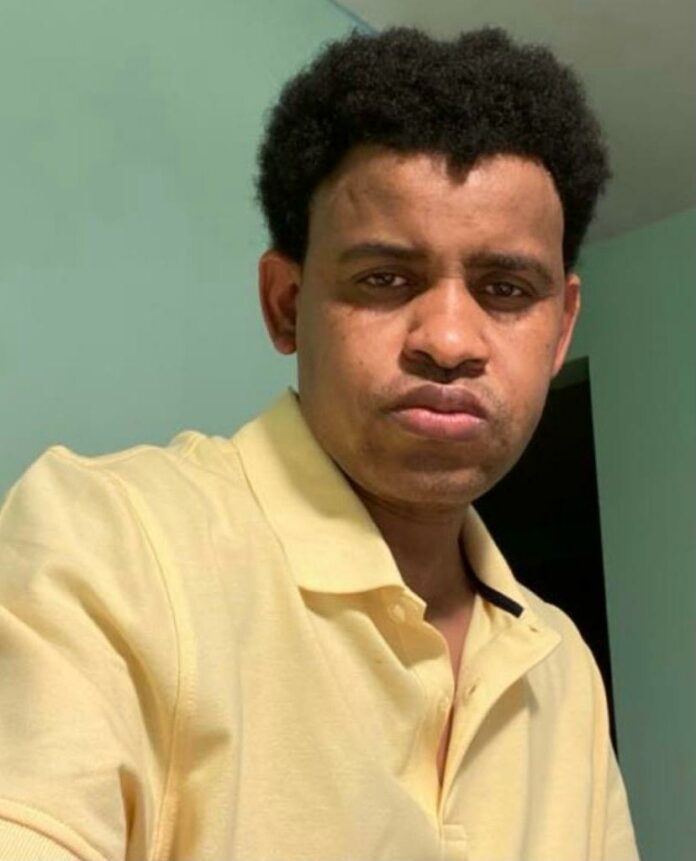OPINION
By Cherno Baba Jallow
Speaking to his party supporters recently, President Adama Barrow made some startling remarks that sent many in a tizzy. Consider: He urged his supporters to fight back against those who hurl insults at them and break the law of the land. Consider also: He likened the political bureaus of an unnamed political party to corner shops operated by Mauritanians a.k.a. ‘’Narrs’’, those Arab-Berber immigrants with longstanding ties to small business in The Gambia.
One day, Barrow said in jest, a Narr will end up taking ownership of those political bureaus. Translation: they will be turned into shops for business rather than what they were intended for. Barrow was dabbling in political humor and throwing a jab at his opponents.
A diligent reporter covering Barrow’s speech should have no trouble unpacking the news out of the President’s tirades to his party loyalists. Distilled down to its essence, a part of the speech was an invitation to bellicosity. A president urging his supporters to return fury against others is newsworthy indeed. Consider the elements of the story. The speaker: head of state. The language: harrowing. The possibility: violence and bloodshed.
But Kerr Fatou decided to forgo the actual story. Instead, it went for something unsupported by the facts. Saying that Barrow’s Narr’s comment was a reference to Mayor Talib Bensouda, who has a Moroccan background and is a potential opponent of Barrow in the 2026 presidential elections, veers into conjectural journalism. Kerr Fatou violated two —- the latter, less clear-cut —- cardinal principles of the profession: journalists should never make assumptions. They should anchor their reporting on facts and reliable evidence. And journalists should never print falsehood knowingly. That indicates preconceived biases and a blatant disregard for the sacredness of the truth and the process of truth-seeking.
Barrow’s speech, beyond its reportorial trappings, offered plenty of fodder to editorialists and others in the commentariat. His razor-edged tone needed strong rebuking. As president, you don’t deploy certain vocabulary, certainly not in the public space. You don’t partake in jocular but sensitive, banter, on ethnicities. You don’t urge your supporters to ’fight back’’ and you will “support them.’’ Barrow should know that he has long ceased being an ordinary member of society. He is president. So presidential protocol matters. And a president is expected to set the tone for the rest to follow.
But, occasionally, Barrow has shown a penchant for slash-and-burn oratory on the public stage. Between flashes of smiles and moments of levity, he can instantaneously detour into outbursts of wrath, unsettling even his most avid of supporters. Two years ago, he declared that he would put an end to political rallies if he won re-election. The condemnation was swift and widespread. A State House press release tried to explain away his comments. It fell flat.
Most politicians commit gaffes. Some are unintentional. Others are counterproductive. Barrow’s belong to the latter. As president, he has been overwhelmingly tolerant and nonthreatening. His strongest suit has been his tolerance for dissent. And under his leadership, The Gambia is enjoying an unprecedented boom time in freedom of speech. Barrow isn’t the catalyst for this freedom. This was earned. But in Barrow, a man seemingly unperturbed by all the vitriol directed at him, the nation’s new-found and bold expressiveness has found the right ally.
At a campaign rally in Wellingara in 2021 during the last presidential elections, Barrow sounded upbeat about the new dawn: “Democracy has come,’’ he said. ‘’Now you can say anything you want; nothing will happen.’’ He added: ‘’If you wish to do it, you can spend all your time castigating President Barrow; I am not going to respond to you.’’ This is how a democratic leader should be: magnanimous in power and authority. But Ebrima Dibba, a prominent member of the opposition UDP, was just arrested for allegedly ‘’insulting’’ the president.
It’s paramount that Barrow be measured and conciliatory, be wary of the creeping temptations of the authoritarian psyche and to see himself as the leader for all, not just members of his party. With a firm mastery of the four major national languages, Barrow has the ability to bring the nation together. This is easier said than done, of course. The Gambia is in the clutches of hyperpartisanship. The politics is toxic, the citizenry divided and the animosity pervasive.
And in this season of simmering discontent, the last thing The Gambia needs is a media trafficking in rage-baiting. Sure, journalists do not report on the planes that landed safely. But journalists must also know what is newsworthy and whether that item going through the reporting and editing stages has the potential to inform and educate the public as opposed to merely ginning up controversies and inflaming passions. Perhaps the Gambian media has too much freedom now and it doesn’t know what to do with it. But for its sake and the nation’s, it needs to rise above the rancor and stay in its lane.
The views expressed in this article are the author’s own and do not necessarily reflect The Fatu Network’s editorial stance.




